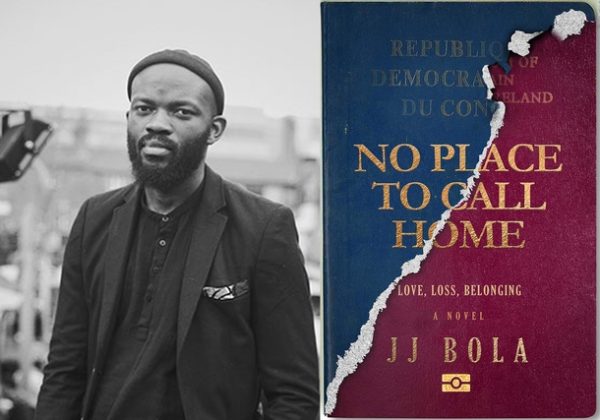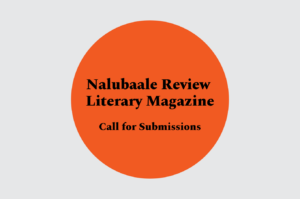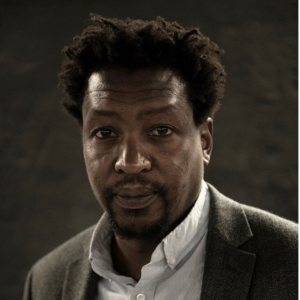
News is that J.J. Bola’s debut novel, No Place to Call Home: Love, Loss, Belonging, sold out at the 2017 Writivism Festival. It sold out in the festival’s first two days, a development Writivism’s Jacob Katumusiime has dubbed “The J.J. Bola Effect.” If that’s remarkable, then wait till you find that, of all the novels on display for sale at the festival, the Congolese author had the biggest number. He came with the biggest number of books and sold out in the first two days. Here is an excerpt from Jacob Katumusiime’s essay.
Three books are already bought before the Festival begins. And you don’t want to believe what happened to Bola’s books in the four festival days.
No Place to Call Home sold out in the first two days of the Writivism festival. ‘So what?’ you may be asking.
But if you have taken your books to a literary festival before, you can attest to the frustration of coming out with no or negligible sales. ‘Africans don’t read,’ you console yourself after retiring back home.
African Writer, given what I observed during the festival, Africans read and they actually buy the books. The problem is with you, the writer, and your publisher.
Maybe I should also let you know that Bola came with the biggest number of books to the festival. And that we had many other books. But his sold out two days before the end of the festival. Why?
I think there are a few lessons we need to learn from him.
Yes, I understand that being an African writer is no easy task. It comes with a status. But er, be humble. JJ, apart from talking with everyone so easily, also kept on asking the festival team if they needed help. As much as we tried to say no (because you don’t let your visitors in the kitchen), JJ did actually run around to ensure everything was okay anyway.
We’re not that surprised, though. While at its London launch held on a rooftop, the book “sold out both entry tickets and hardback copies,” we first knew that No Place to Call Home is a crowd-pleaser when it got on the longlist of The Guardian‘s Not The Booker Prize, an award voted for by readers. Joining it on the longlist were three other books by Africans: 2007 Caine Prize winner Henrietta Rose-Innes’s Green Lion and Karen Jennings’s Travels with My Father, both from South Africa, and Nigerian-English Samuel Okotie’s In the Absence of Absalon. And so we knew that readers had noticed it and loved it and were buying it.
Published in the UK by OWN IT! and forthcoming in the US by Arcade/Skyhorse Publishing in March 2018, the novel has been described by Thomas Williams as “both unflinching and kind in its portrayal of the societal constructs that affect our lives, the choices we make, and the choices made for us, as a result of their influence.” Here is an Amazon description of No Place to Call Home:
Jean starts at a new school and struggles to fit in. He develops an unlikely friendship with rowdy class mate James, who gets him into a string of sticky situations; fights, theft, and more. At home, his parents, Mami and Papa, who fled political violence in Congo under the dictatorial regime of Le Marechal, to seek asylum as refugees – which Jean and his star-student little sister, Marie, have no knowledge of – pressure him to focus on school and sort his act out. Jean is then suspended, and Marie, who usually gets on his nerves, helps him keep his secret, which draws them closer together.
As the family attempts to integrate and navigate modern British society, as well as hold on to their roots and culture, they meet Tonton, a sapeur, womaniser, alcohol-loving, party enthusiast, who, much to Papa’s dislike, after losing his job, moves in with them. Tonton introduces the family – via his church where colourful characters such as Pastor Kaddi, Patricia and Nadege congregate – to a familiar community of fellow country-people, making them feel slightly less alone. They begin to settle, but the reality of their situation unravels a threat to their future, whilst the fear of uncertainty remains.
With colourful characters and seamless prose, No Place To Call Home is a tale of belonging, identity and immigration, of hope and hopelessness, of loss –not by death, but by distance– and, by no means the least, of love.
While this isn’t the first time a new book would prove a hit at a festival—there were reports of Chigozie Obioma’s The Fishermen recording high sales at Ake Festival—it remains remarkable for a novel not by a famous name or launched by a big publishing deal or driven by a prize or a huge publicity campaign to pull this off. And there is certainly something to learn from Bola’s efforts in this.
So is No Place To Call Home the newest literary sensation? We are finding out. Congratulations to J.J. Bola!
Read the full essay HERE.
Buy No Place To Call Home on Amazon.









J.J Bola Is On Fire At The Moment! – Afrikáná October 05, 2017 02:48
[…] to continue reading, click here […]